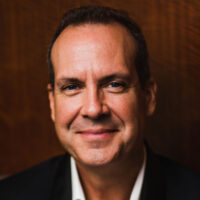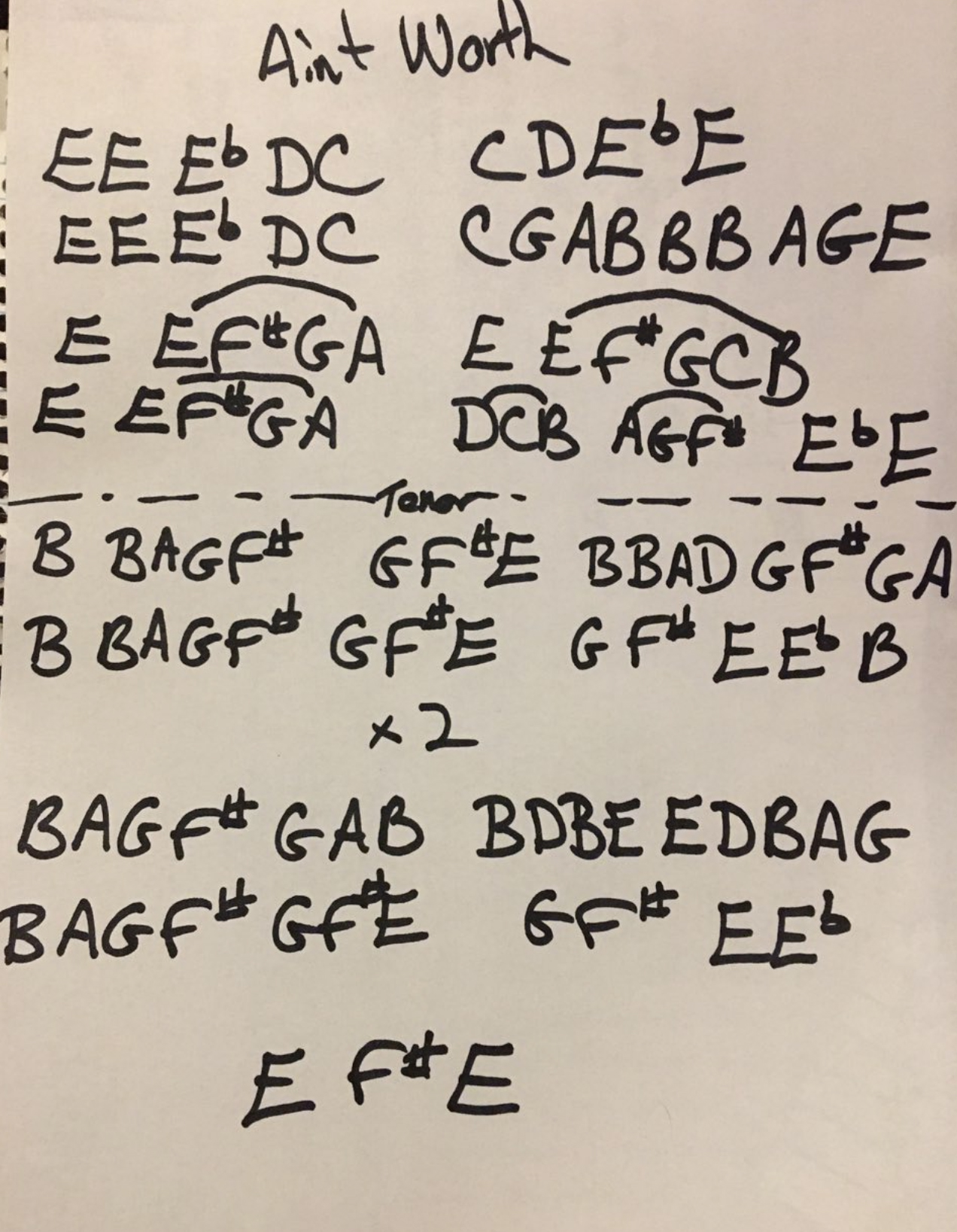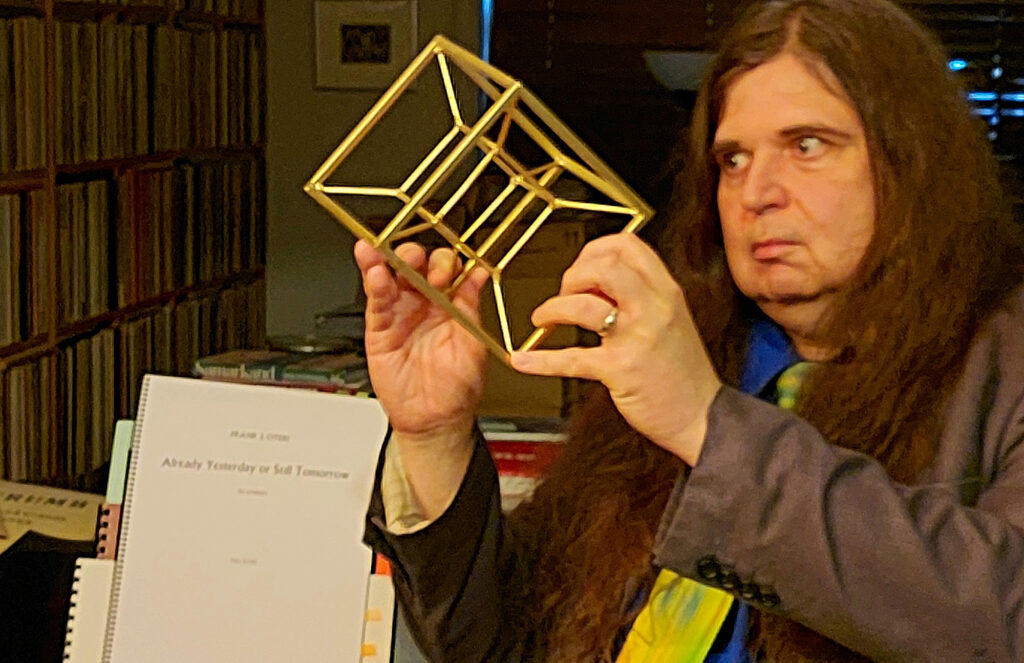No matter how little training or “talent” we have, something speaks to us to foster the need to create. The big question is how to find the inspiration and courage to compose music. The post Releasing the Composer Within...
“There is only one of you in all time, this expression is unique. And if you block it, it will never exist through any other medium and it will be lost.” ? Martha Graham
Let’s face it – the world of contemporary concert music has never been as diverse and engaging as it is presently. As someone who grew up during the age of Serialism versus Minimalism, I feel so fortunate to be exposed to music being written today that connects with and welcomes an ever-broader and larger audience. This music has inspired me to create my own music and to release the composer within myself.
Background
From my youngest performing days, I have been attracted to new music, and to the idea of working with living composers and seeing their musical language come to life. As a student violinist, the majority of repertoire I studied and performed was exclusively the music of others, of the great composers of the past; even then, I felt that the creation of music (composition and improvisation) were lacking in my musical development. Later, working with significant composers including David Diamond, Charles Wuorinen, and Jacob Druckman, I was captivated by these brilliant minds, and struggled to understand their creative concepts. More often than not, however, I was intimidated and too overwhelmed to attempt to create my own music. As my career progressed and I worked with noted conductors, performers, and composers, I began to understand rather more of the creative process in terms of conceptualizing and writing music. With the advent of the neo-tonal, rhythmically-driven compositional style prevalent starting in the late 1990’s, I was inspired and empowered to start writing. With each composing project, I learned a great deal, especially from the failures and challenges.
Inspiration
The big question is how to find the inspiration and courage to compose music. No matter how little training or “talent” we have, something speaks to us to foster the need to create. A book that addresses this eloquently is The Moon and Sixpence by W. Somerset Maugham, a novel based in part on the life of artist Paul Gauguin. The main character is a middle-class office worker with absolutely no training or talent, only possessing an intense drive to create. Despite the criticism of just about everyone, and even acknowledging himself that his work is terrible, he doggedly continues. In the process, he grows into one of the greatest painters, with his originality earned from his relentless quest to create, borne on the wings of failure, criticism, and unceasing work.
In looking at role models around us, we can find inspiration and motivation in two types of composers: those who inspire by their greatness, and others who encourage by doing, no matter what the level.
Incentive for composing music can also be fostered by a sense of connection with the world, of giving voice to social justice, of contributing to positive change. Being a part of a larger meaning can fire our creativity and give us the courage to create something new.
“Start where you are, use what you have, do what you can.” — Arthur Ashe
Begin
First of all, it is important to know oneself, to acquire an understanding of who you are; an excellent way to start is with a SWOT analysis (Strengths, Weaknesses, Opportunities, Threats). Strengths and weaknesses are those characteristics within us, while opportunities and threats are positives and negatives that come from our environment. Identifying more of our qualities can help us find greater connection in music. Whether starting to compose as a teenager or as a senior citizen, life experiences play a great role as well. As an instrumentalist or vocalist, accumulated knowledge is a tremendous asset; use your musical skills to launch your composing. My writing started almost exclusively with works for violin, then expanded to string quartet and string ensemble, then winds, orchestra and piano, and voice.
Two other vitally important factors that help growth are curiosity and criticism. Unquenchable curiosity cannot be taught, but is inherent in fostering the desire to learn and grow. While sometimes difficult to accept, criticism from those who you respect is so very important to growth. Whether it’s a technical suggestion from a colleague on a different instrument, or the advice of an established composer or teacher, feedback can be very useful.
Still don’t know how to begin? Start small – even writing short sketches, bits of phrases or motifs, or harmonic progressions can help give momentum. Prominent composer Augusta Read Thomas begins her composing by singing gestures – vocalizing her ideas and then notating them. Another strategy is to work starting from the outside in – begin with an idea of the overall framework of the piece, and work inwards from that (from movements, to sections of movements, to structures of the sections, to phrases within the structures, to notes within the phrases, to spaces between the notes).

Image by Nejc Sokli? (via Unsplash)
Composition Strategies:
Discipline – Build your muscles by scheduling time to compose; this means that sometimes you won’t feel inspired, and may be slogging along, but adhering to a regular schedule can help build the skills needed to write more effectively.
Failure – Don’t be afraid to fail – trust in your ear and your innate musical sense. We all have many strengths to contribute to effective composing, but if we don’t risk failure, we may never realize our potential.
Invent – Reserve time for creative searching; whether experiencing nature, looking at art, or accessing human emotion, invent your own connections with sound and meaning.
Steal/copy – Whether It’s Bernstein from Copland or John Williams from Mahler, many great composers have been directly influenced by others. Don’t be afraid to use other works as inspirational springboards, while avoiding plagiarism.
Originality – Where is art now? Does it matter? Ask yourself what you want your music to sound like and have the courage to realize that vision. Some years ago, I had a student who only wrote homophonic, Classical-era music; he received criticism from many, but kept going, listening to his inner voices, and today has moved forward to a unique and well-rounded style.
Write for yourself – As a performing musician, you are free to view composition as a “hobby”; that is, release yourself from the binds of convention or expectation.
Leap – Risk trying something new: different instrumentation, forms (or lack of form), or different harmonic and musical languages.
Have fun – Revel in the joy and fulfillment of creating music in new ways, no matter the “perceived” quality. If you are writing music, you already are a composer, perhaps not an experienced or professional one, but a musician with something to share.
********
Violinist, Conductor, Composer, and Writer Scott Flavin is Professor of Violin and Conducting at the University of Miami Frost School of Music. He is Resident Conductor for The Henry Mancini Institute Orchestra, is on conducting faculty at Eastern Music Festival, is violinist in the Bergonzi Piano Trio, Concertmaster of the Symphony of The Americas, and regularly performs around the world. He has written four produced plays, has written a book as well as regularly-published articles, and his compositions have been heard across the country and on radio and recordings. His recently composed works include:
Madoff Songs, for baritone, violin, piano
Reverberations, for 5 violins
Fragment(s), for string quartet
Astoriana, for solo violin
Appalachian Sunrise and Dance, for solo violin
The post Releasing the Composer Within first appeared on New Music USA.
The post Releasing the Composer Within appeared first on New Music USA.













